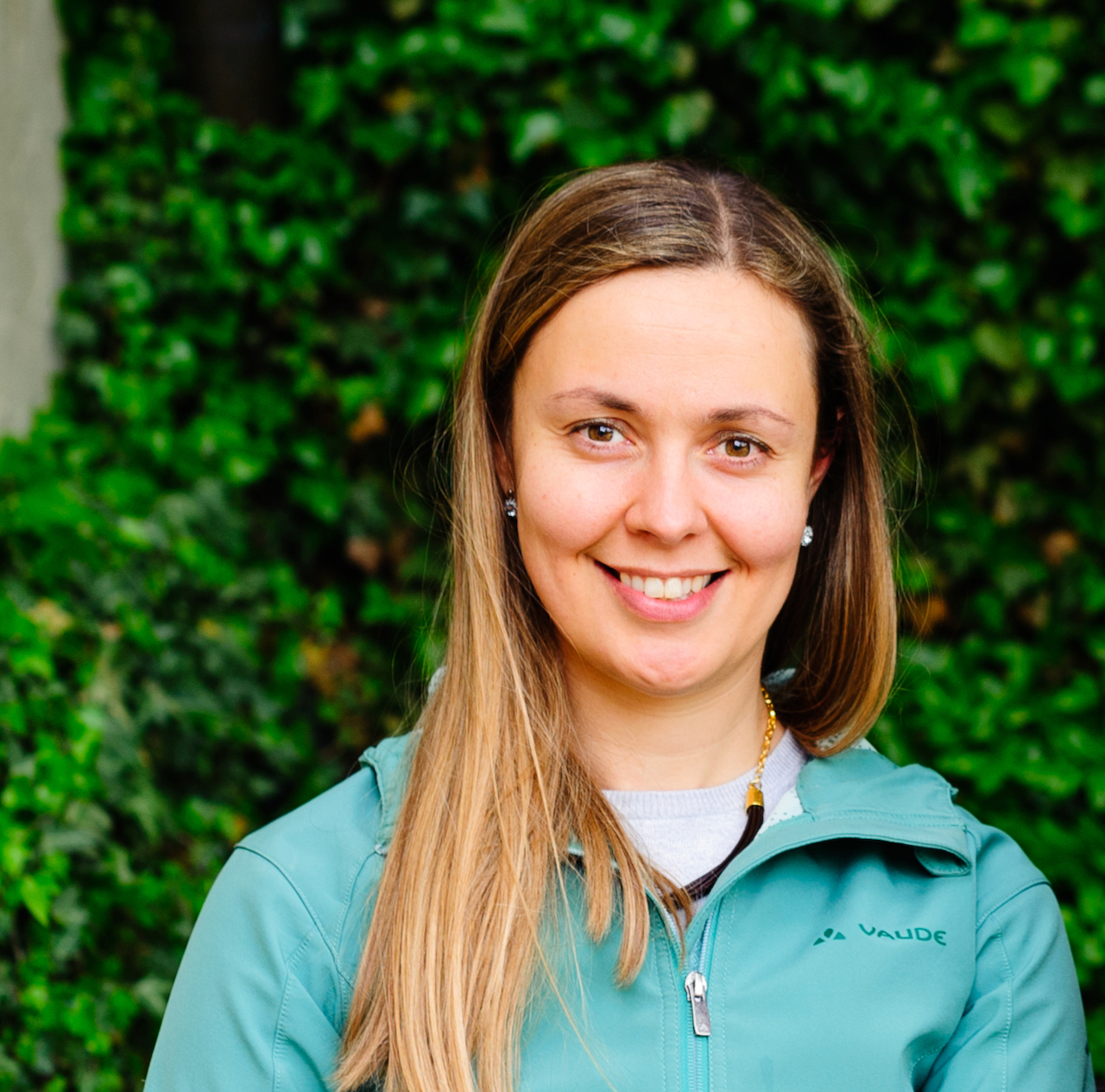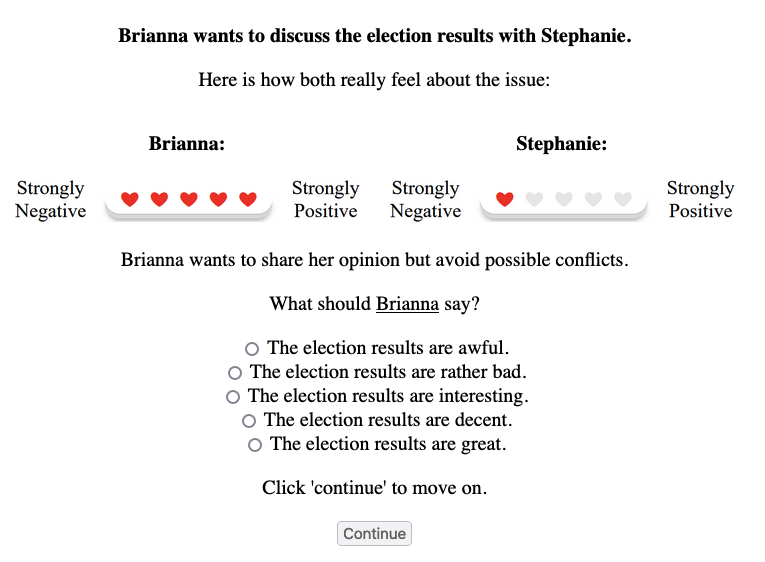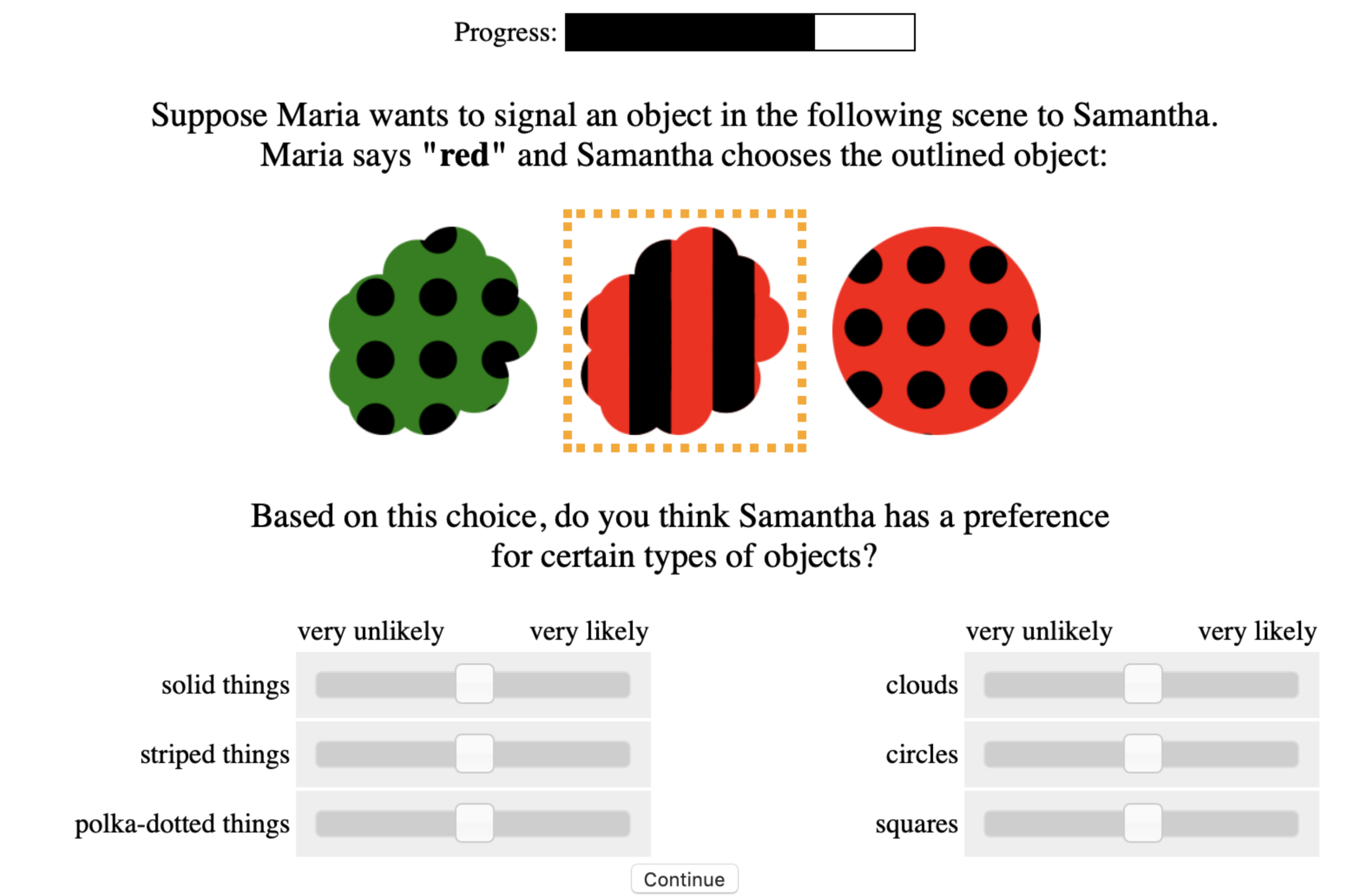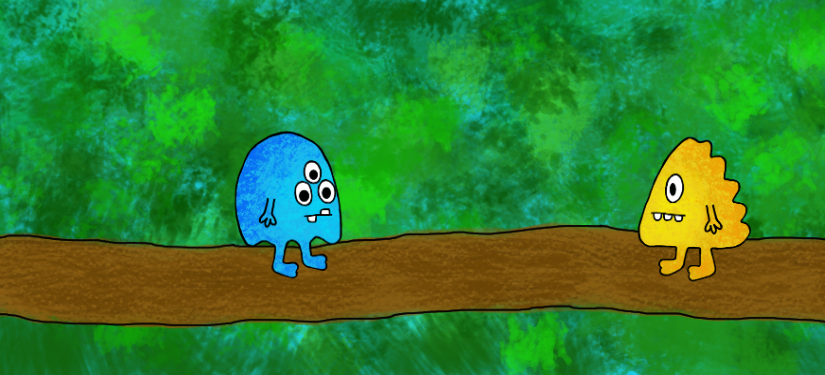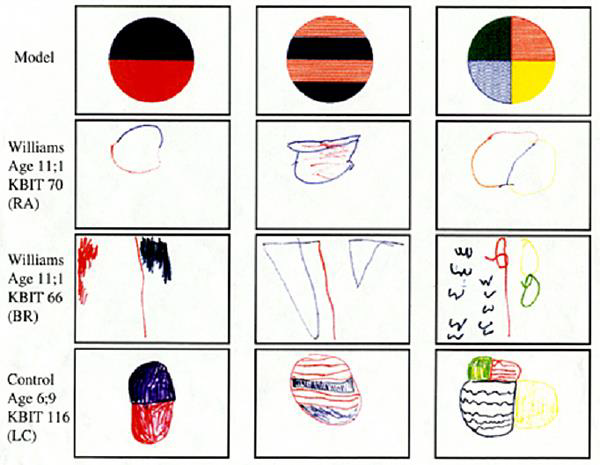Indirect communication
Under what circumstances would you prefer to say that the election outcome was interesting rather than amazing, even if you are truly excited about it? We have developed a probabilistic model of indirect utterances where speakers choose utterances not only to maximize successful information transmission (what your opinion actually is) but also to avoid possible conflict of opinions with the listener. See the full text in PLOS One.
This project contributes to our understanding of meaning as emerging in conversation. In our case, we show that the same word "interesting" could be interpreted positively or negatively depending on the prior conversation context. We now investigate whether the tendency to use indirect utterances is stable across cultures by comparing German and English speakers.
